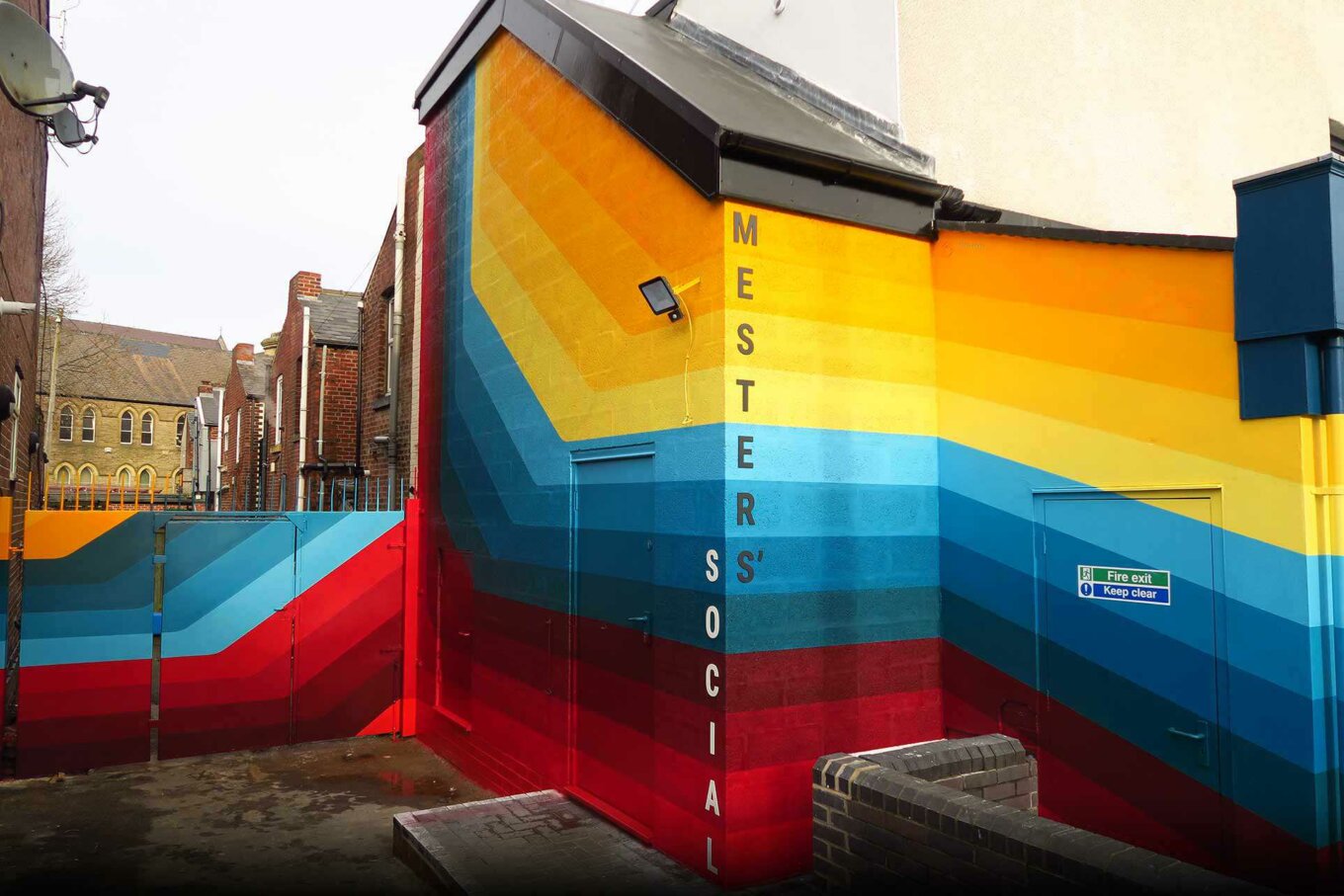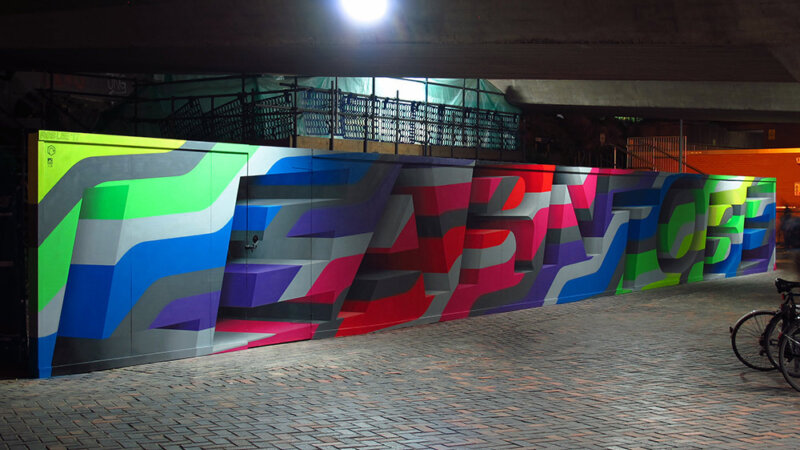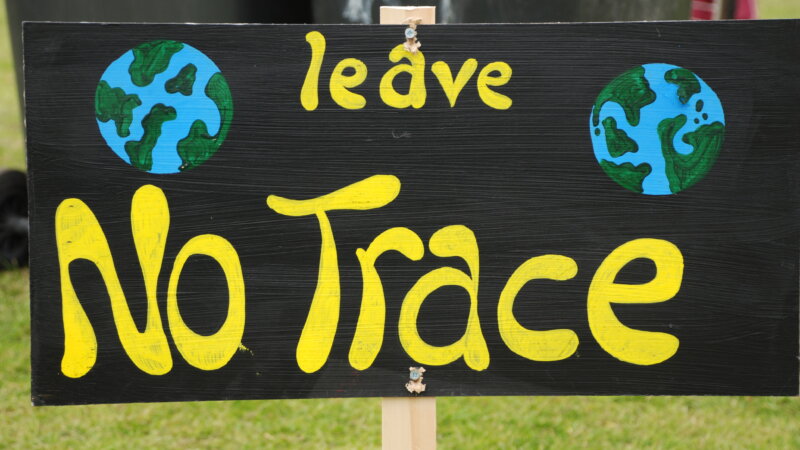Geocaching: Pay Close Attention

My daughter and I are standing in the Ponderosa Park, staring intently at a bench and tentatively running our hands round the edges of it that we'd normally avoid. Years of dried-on dog piss and battalions of chewing gum globs yell at us: 'Abandon your mission! Run to your nearest hand sanitiser!' But we persevere. It must be here somewhere.
We have recently scrutinised a disused railway bridge in Worsborough and the narrowest street in Venice with the same nerdy persistence. We are novices in geocaching. Wherever you go, there's a geocache, and someone else has always been there very recently before you. Suddenly we are part of an international community playing micro hide and seek. A whole new layer of the world has unfurled in front of me and it's crammed full of information I didn't know existed.
The information is a tiny log in each site of who has visited, stored in a hidden capsule, sometimes with objects to be shared and exchanged. It's mysteriously primitive, yet almost comically dependent on modern technology. You can't access this layer without a smartphone app, without GPS, without a mobile network. Hi-tech enables lo-tech. It's the genius of humanity; we put satellites in space and use them to hide a bit of paper inside a fake stone at the base of a tree.
Is the landscape full of people's covert messages?
I start thinking, brooding. If there's a hidden layer we can find with a free app, how much more stuff are people hiding out there? It's the age-old joy of the treasure hunt, following clues and codes, pretending we're Cold War spies doing the dead-letter drop.
Is the landscape full of people's covert messages? Have some been lost forever? Will some be found by accident? Will they be misunderstood? Will secrets fall into the wrong hands? Is every stone wall and park bench laden with concealed messages?
Hiding something, and laying clues that help it to be found, is a timeless and universal way to communicate. Humans have been doing it deliberately for thousands of years and archaeologists, metal detectorists and carbon dating specialists have followed the dropped crumbs of the past. But geocaching is happening now, in real-time, sending messages to the future. We made a time capsule at school. We put a cassette tape in it. The school has now been converted to luxury flats. Maybe that capsule is buried beneath a partition wall, biding its time to baffle a young builder the next time the building is refurbished. 'What the hell is this?'
This grotty park bench in Sheffield is directly related to a wall in back-street Venice
Supposing my daughter and I put an auspicious prediction or post-apocalyptic plea inside each geocache that we found? "Send backup. This may be wrong location." How fast would it travel? How would fellow geocachers respond to this invasive manoeuvre? Could we change the course of history or spawn a conspiracy cult? Or is it a self-correcting community like eBay, where we would be quickly exposed and excluded for messing with the etiquette?
I watch some toned teenagers going over their parkour routines. Their feet, hands and eyes rapidly assess and adjust to the immovable surfaces around them, transforming them into springs, diving boards, props from the school gym. To my lumbering carcass their world is alien and I am utterly excluded.
But now I have an advantage over them. I can see something here that they're unaware of. This grotty park bench in Sheffield is directly related to a wall in back-street Venice and the rusting gate of a football ground in Munich. We leave fragments of a story in each place and the story rewrites itself every time the capsule opens.
Andrew Wood








